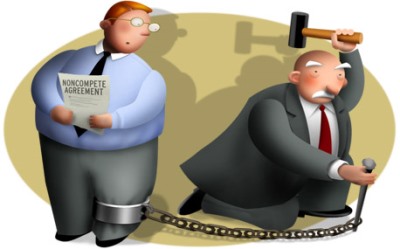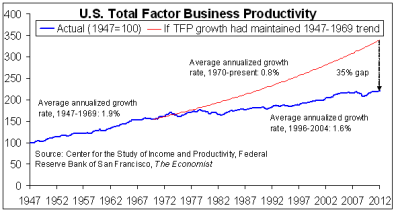In his excellent book (in French) ‘Bienvenue en incertitude!: Principes d’action pour un monde de surprises‘ (Welcome in uncertainty: principles of action in a world full of surprises), Philippe Silberzahn explains that the decision tools that we are using have note changed since the 1970s while the world has become radically uncertain.
 “Predictions become inevitably victim, one day or the other, of an unprecedented event that makes them obsolete. However the decision-making tools we use have not changed. They are based on a predictive paradigm. They date back to the 1970s for most of them and are anchored in the industrial revolution civilization born 150 years ago“. And for sure, most of the decision-making tools we use are based on a linear evolution assumption. And the invention of spreadsheets have worsened the situation, as it is so easy to compute extrapolations over quarters and years!
“Predictions become inevitably victim, one day or the other, of an unprecedented event that makes them obsolete. However the decision-making tools we use have not changed. They are based on a predictive paradigm. They date back to the 1970s for most of them and are anchored in the industrial revolution civilization born 150 years ago“. And for sure, most of the decision-making tools we use are based on a linear evolution assumption. And the invention of spreadsheets have worsened the situation, as it is so easy to compute extrapolations over quarters and years!
Take the typical business plan for example: how many of them consider really discontinuous events and events that change paradigms? In a world of complexity we really need to question what decision-making tools we use on a daily basis.











